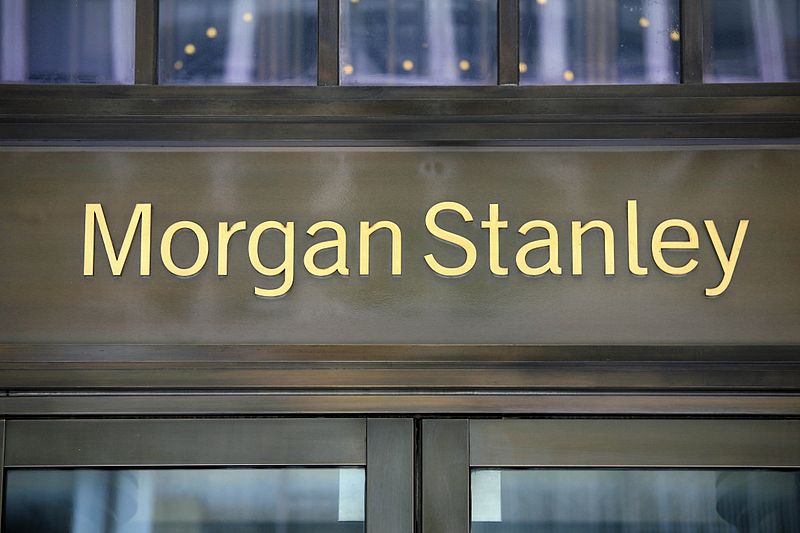A new study reveals significant disparities in how student loan debt affects financial well-being, retirement preparedness and career decisions of public compared to private sector employees.
Based on a survey of over 2,000 workers, MissionSquare Research Institute found a need for more employer-driven support programs across sectors.
According to the report, titled How Employer-Provided Resources Can Elevate the Impact of Student Debt Across Sectors, 43% of public sector employees currently carry student loan debt, compared to 36% of private sector employees.
Yet despite this higher burden, public sector employees often benefit from more support options, such as the Federal Public Service Loan Forgiveness program, a benefit many say they have not been informed about.
While loan balances hurt both groups financially, private sector workers are more likely to experience lingering financial strain even after their loans are paid off, a phenomenon the study labels the “debt-overhang” effect. It includes delayed retirement contributions, reduced investments and postponed major purchases.
“Our study shows that employer-provided resources and policy improvements can help to address these long-term financial impacts of student loans, helping employees build a secure financial future,” said Dr.Zhikun Liu, vice president and head of the Institute for MissionSqaure.
The report found that 48% of all respondents said their employer did not provide any debt management resources, including 49% of private sector and 42% of public sector workers. Moreover, less than 29% of public employees were informed by their employer about PSLF.
Despite public sector workers having greater access to forgiveness programs, the study emphasizes a lack of communication and employer agreement.
“To help improve financial outcomes for all workers, employers and policymakers need to not only offer these resources, but ensure they guide their workforce in understanding them as well,” added Liu.
The study asks private and public sector employers to expand services to financial literacy programs, personalized counseling and debt management tools. For public institutions, improved communication around PSLF eligibility and application guidance is key. However, for private employers, introducing basic student debt support could alleviate long-term financial stress among their workforce.
As student debt continues to shape long-term financial trajectories, the report presents a strong case for workplace-led solutions to help mitigate its impact across the American workforce.



